
Do you know why they call it a Pipedream? It refers to a time when people used to smoke opium pipes, get high, and then come up with ideas that would never work. The 4-Hour Work Week falls firmly in this category. How do I know? Because I worked an extra 10 hours a week for nine years trying, and recently sold the business for £1 (ZAR 20) plus the discounted stock.
Joking aside, running this side hustle taught me more about business than my MBA and got me all my jobs in private equity / venture capital. It means I can now relate to the entrepreneurs I finance. It's also made me an expert on marketing, operations, pricing, sourcing, product design and much more. I cannot recommend anything more highly than starting and running your own business.
So, why doesn't the 4-Hour Work Week work? Because being an entrepreneur is akin to being a firefighter who is always on duty. Put more simply, because you need to constantly innovate and out manoeuvre your competitors to stay in business.
Let's be fair though. The 4-Hour Work Week provides an amazing operating model for a business. It forces you to automate everything and try make yourself redundant which is what all smart CEOs do. Combine this with a 40- to 80-hour work week and your business will be a force to reckon with.
Our model was to import products to South Africa from Spain and Denmark and then resell them locally in South Africa and across the greater African continent. Later we sourced directly from China and created our own branded product line.
Full disclosure. The business was flawed from the outset because it did not have a repeat purchase model. We tried to change that many times but at best, customer churn was 98% which was always a tough pill to swallow. This combined with the small Serviceable Obtainable Market (SOM) saw us constantly struggling to scale. All the revenue gains made in years 1-3 were lost over the following 6 years (below graph). So, if your an entrepreneur with a similar model, trust me, it is not investable.
So, why doesn't the 4-Hour Work Week work? Because being an entrepreneur is akin to being a firefighter who is always on duty. Put more simply, because you need to constantly innovate and out manoeuvre your competitors to stay in business.
Let's be fair though. The 4-Hour Work Week provides an amazing operating model for a business. It forces you to automate everything and try make yourself redundant which is what all smart CEOs do. Combine this with a 40- to 80-hour work week and your business will be a force to reckon with.
Our model was to import products to South Africa from Spain and Denmark and then resell them locally in South Africa and across the greater African continent. Later we sourced directly from China and created our own branded product line.
Full disclosure. The business was flawed from the outset because it did not have a repeat purchase model. We tried to change that many times but at best, customer churn was 98% which was always a tough pill to swallow. This combined with the small Serviceable Obtainable Market (SOM) saw us constantly struggling to scale. All the revenue gains made in years 1-3 were lost over the following 6 years (below graph). So, if your an entrepreneur with a similar model, trust me, it is not investable.
Yes, a product with recurring revenue may have added a few zeros to our exit value but I'm confident we would then have to work on it full-time, not just for 4 hours. The reason being that by definition, this would have made it more attractive market and competitors would have flooded in.
Anyway, back to the business. Why are entrepreneurs firefighters? What fires am I talking about? What went wrong? Everything. Here's a brief categorised list:
People problems:
Commercial fights:
Operational nightmares:
Anyway, back to the business. Why are entrepreneurs firefighters? What fires am I talking about? What went wrong? Everything. Here's a brief categorised list:
People problems:
- Recruiting in start-ups is hard. You need the best talent but can only offer minimum wage and virtually zero job security.
- Employees often used us a stop-gap until something better came along despite us treating them like our own and paying them more than we paid ourselves.
Commercial fights:
- The exchange rate change drove our once healthy margins down to unprofitable levels so we had to create our own product range from scratch. Hats off to our suppliers in China who manufactured high-quality custom-made products without us ever visiting them in person!
- Following the above, one of our suppliers got angry that we created our own product line and lay a copyright infringement claim with Google on their products (which they had historically given us permission to sell). Google AdWords and nearly all sales were shutdown for three months until we got it resolved. Have you ever thought about how much power Google holds over your business? Better quickly update that risk register!
Operational nightmares:
- Customs seized our shipments loads of times. Thankfully, we were never asked to pay bribes but the delays and stress were way worse.
- Customs lost our shipments. Urgh. They always found them eventually, but they always looked like they had fallen off the back of a lorry, literally!
- The South African Post Office collapsed meaning we had to increasingly rely on high-cost couriers (graph below). The convenience was nice but this ate into our net margins substantially.
Economic swings:
- As above, the South African Rand depreciated 60% against all major currencies which obliterated our import-based business. I’d like to say it was our idea to build our own product line but this was the real reason. No bad thing in the end and solid proof that necessity is the mother of all invention.
- The President of South Africa siphoned out about £25bn (500 billion Rand) from the country. He took down consumer confidence, disposable income and our once thriving revenue growth. Our product was considered a ‘luxury’ to many and in these operating conditions, we never recovered.
OK but life isn’t about being dealt a good hand, it’s about playing a bad hand well. And that we did. Here’s some of our biggest accomplishments:
Remote working:
Started the business with £500 (ZAR 10k):
Tech co-founder:
Family run:
Profitable in month 2:
Did not incur any debt:
Built our own brand:
Leveraged competitor advertising
Remote working:
- We were able to run the whole operation remotely from the UK. Given South Africa didn’t have any form of drop-shipping, this was real innovation at the time.
Started the business with £500 (ZAR 10k):
- This is about all we could afford and we weren’t sure it would work out so we didn’t want to ask anyone else for money. The gift this gave us was that we were 100% focused on our customers’ needs from day 0.
Tech co-founder:
- If we tried to pay someone else market rate to build and maintain the website, the business would not be viable. An e-commerce website might not seem like it needs much tech but trust me, they're anything but business as usual.
Family run:
- They say you shouldn't go into business with friends and family because when the business goes down, you lose the lot. This is often true but with the right individuals, family businesses can be great. In our case, it brought us closer together than anything else ever could.
Profitable in month 2:
- It’s easy to convince yourself that spending equals progress in business. Our mantra was to first make the sales and then spend what is necessary to get them.
Did not incur any debt:
- Yes debt can help you grow faster but usually start-ups just spend the money badly and then incur constant interest on said bad decision. Covid has also reminded us that you might not always be able to service the debt and that can lead to big problems.
Built our own brand:
- Designing a product is one thing, but building a brand is an art. We built an internationally competitive brand that allowed us to sell our products at a high premium. This combined with the low input costs meant that our gross profit margins were exceptional.
Leveraged competitor advertising
- Getting out the starting blocks is the hardest thing for any business. Our break was being the first business to go digital with pay-per-click advertising in a world ruled by print. Our cost of customer acquisition was pennies while our competitors burned through hundreds of thousands on magazine ads.
- We then successfully navigated the dark art that is Search Engine Optimisation. This combined with high-quality blogs and a plethora of YouTube videos allowed us to reduce our reliance on expensive Google Adwords.
Concluding thoughts:
You'll notice that I haven't even told you what we were selling. There big lesson is that it does not matter what you do as long as you're passionate about it. Building businesses excites me and that's what keeps me going. The product was a means to an end. So, if anyone tells you that you need to be passionate about your product/service, you now know that's simply not true.
In summary, finding a winning business model is definitely key to success but there’s no substitute for hard work. If it were easy, everyone would do it and the opportunity would evaporate. The key is finding something you are truly passionate about and then working day and night to realise that dream. That is why the 4-hour-work-week is but a pipe dream.
Now don’t get me wrong. I'm not trying to be a downer on the side-line hustle, I think they’re amazing. They teach you about business, they give you purpose, they’re a creative outlet and they might even give you some pocket money.
From my perspective, high school is over. I’m no longer looking for lunch money. If I’m going to give up my evenings and weekends ever again, it’s going to be so that I can spend the remaining ones blasting across the ocean on a superyacht. Yes, I might initially start it on the side but it will end up being the real McCoy.
Do you have a 4-Hour Work Week success story? We’d love to hear from you in the comments below.
Alex @TheTippyTopBlog
You'll notice that I haven't even told you what we were selling. There big lesson is that it does not matter what you do as long as you're passionate about it. Building businesses excites me and that's what keeps me going. The product was a means to an end. So, if anyone tells you that you need to be passionate about your product/service, you now know that's simply not true.
In summary, finding a winning business model is definitely key to success but there’s no substitute for hard work. If it were easy, everyone would do it and the opportunity would evaporate. The key is finding something you are truly passionate about and then working day and night to realise that dream. That is why the 4-hour-work-week is but a pipe dream.
Now don’t get me wrong. I'm not trying to be a downer on the side-line hustle, I think they’re amazing. They teach you about business, they give you purpose, they’re a creative outlet and they might even give you some pocket money.
From my perspective, high school is over. I’m no longer looking for lunch money. If I’m going to give up my evenings and weekends ever again, it’s going to be so that I can spend the remaining ones blasting across the ocean on a superyacht. Yes, I might initially start it on the side but it will end up being the real McCoy.
Do you have a 4-Hour Work Week success story? We’d love to hear from you in the comments below.
Alex @TheTippyTopBlog

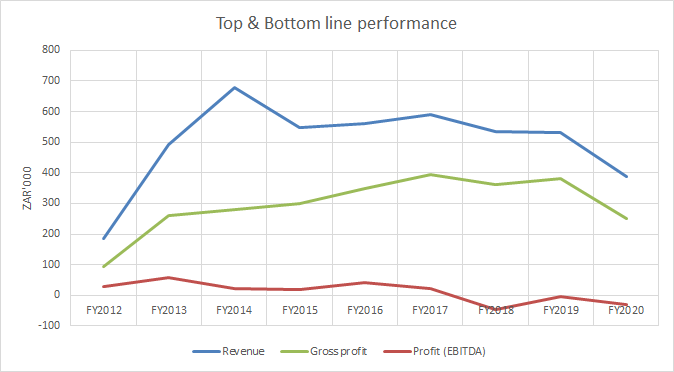
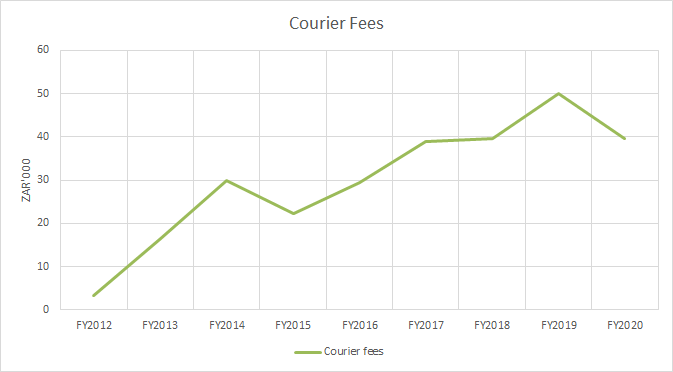
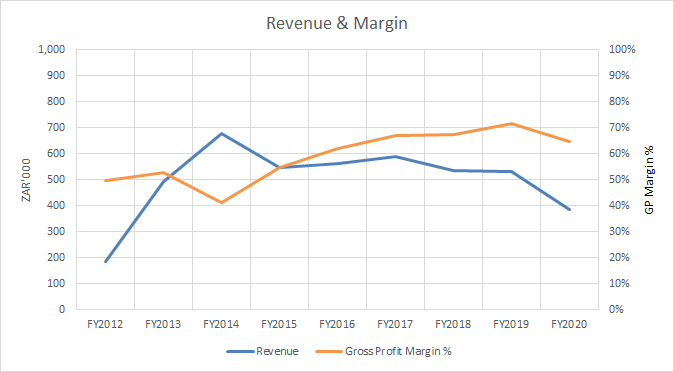
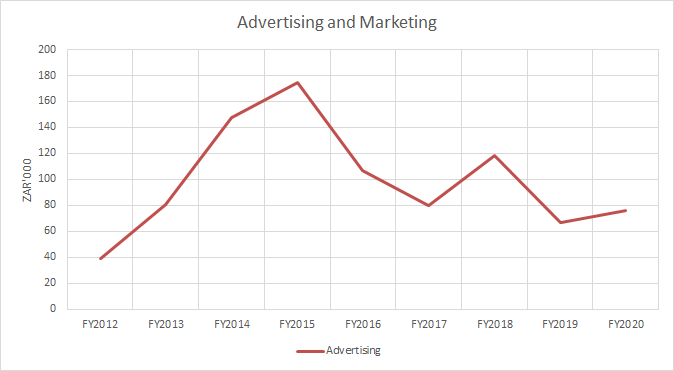

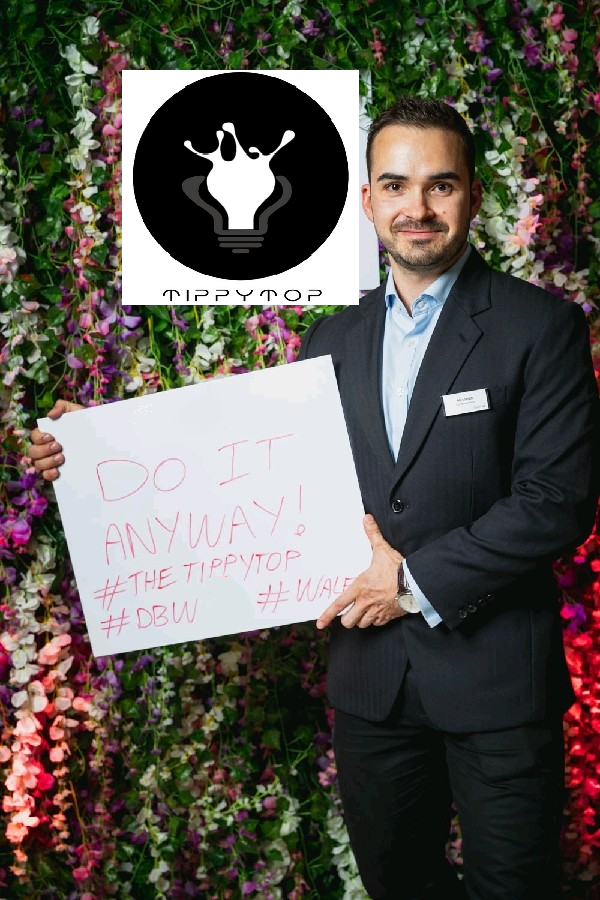
 RSS Feed
RSS Feed